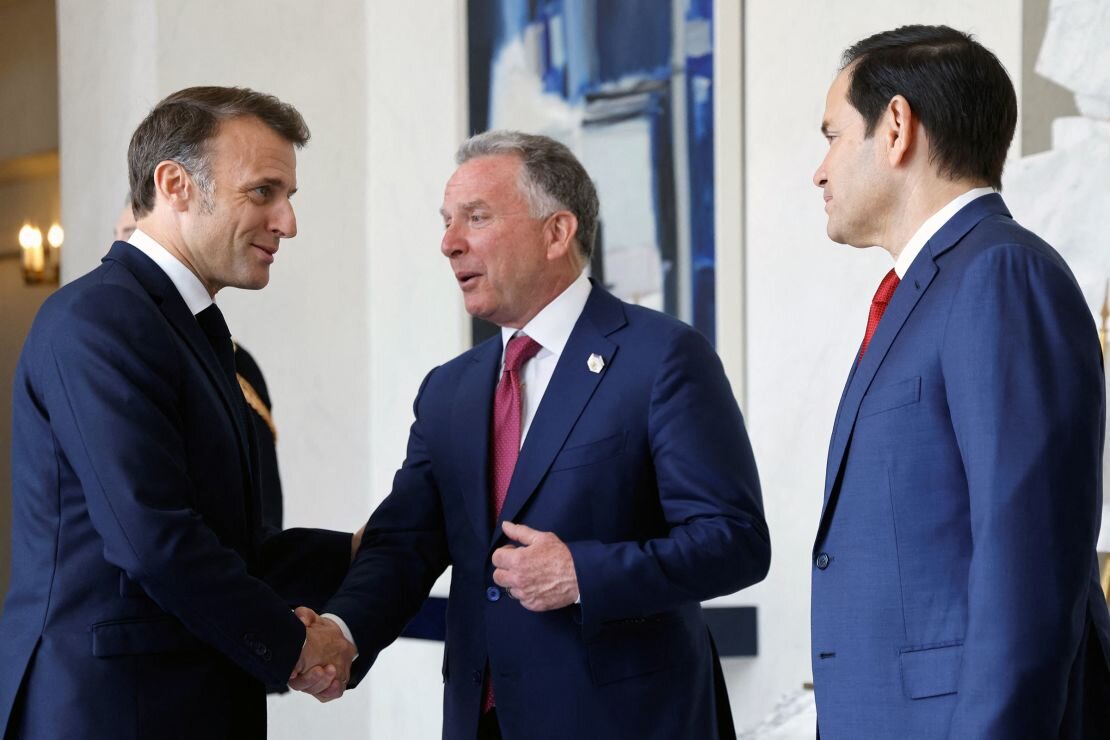What the Iran strike revealed about West’s use of diplomacy

TEHRAN – In June 2025, while indirect nuclear negotiations between Iran and the United States were still underway, Israeli forces, soon followed by the U.S., launched a coordinated military strike on Iranian territory. This act of aggression occurred not in the absence of diplomacy but at its very height. Communication channels were open. Sanction relief was reportedly on the table. And yet, bombs fell.
This episode shattered more than the momentum of talks. It undermined the very assumption that diplomacy with the West is possible, let alone meaningful. The incident has dealt a fatal blow to structural trust, one that extends beyond Iran-West relations to a broader fracture between entire civilizational blocs. It renders the planned reactivation of the JCPOA’s snapback mechanism, scheduled for October, both redundant and cynical. Designed as a legal safeguard to enforce compliance, the mechanism has been preempted by unilateral violence, launched with no international mandate or justification. If negotiation culminates in bombardment, what remains of the so-called “rules-based order”?
Iran’s experience is not an isolated one. Libya dismantled its nuclear program and opened its doors to Western powers only to face regime change and assassination. Syria engaged diplomatically, yet endured sustained destabilization. In stark contrast, North Korea pursued nuclear deterrence and has thus far evaded military intervention. The message is grim but unambiguous: acquiescence invites vulnerability. In the current global order, cooperation does not guarantee safety; it may, in fact, invite subjugation.
Iran’s return to the negotiating table was not born of naïveté. It was a strategic move, aimed at stripping its adversaries of any pretext for aggression. Tehran’s willingness to engage was calculated to expose the asymmetries of global diplomacy and demonstrate responsible behavior. Even with full diplomatic engagement, however, Iran was targeted. This reveals not a failure of policy, but a crisis of paradigm.
The implications extend far beyond Iran. For nations across the Global South, the incident confirms a growing suspicion: that alignment with Western frameworks offers neither partnership nor protection. That diplomacy, when filtered through hierarchical systems, becomes a trap rather than a tool. If snapback sanctions are imposed in the aftermath of military aggression, it would only deepen the loss of legitimacy suffered by Western institutions. It would validate the emerging consensus that the architecture of global governance is designed not for balance, but for dominance.
In this context, platforms like BRICS and the Shanghai Cooperation Organization are gaining new strategic relevance. They are no longer peripheral; they are imperative. The Iran strike has become a galvanizing moment for developing nations seeking to construct alternatives to Western-defined systems of power. What is now unfolding is not merely a reaction to one incident, but a broader movement toward strategic autonomy.
Despite the obvious asymmetry of power, Iran’s twelve-day response demonstrated an evolving doctrine of deterrence marked by discipline, coordination, and strategic depth. While many Western outlets attempted to downplay the scale and precision of this response, regional observers and Iran’s Eastern partners paid close attention. Symbolic support from states like China and Russia may not alter battlefield dynamics, but it signals a shifting geopolitical posture. Iran is not isolated, and its narrative of resistance is increasingly echoed in regions weary of coercion.
This episode has triggered a deeper awakening within the Global South. It is now clear that trust in the West is not a diplomatic asset, but a strategic liability. Participation in institutions rooted in inequity rarely leads to prosperity or peace. Instead, it breeds dependency, manipulation, or worse destruction. The West may still command media and legal mechanisms, but narrative control is slipping. The hard truth remains: power, in the Western doctrine, overrides all principle.
The question today is no longer whether Iran will return to negotiations. It is whether the world can afford to trust powers that punish both resistance and cooperation alike.
Leave a Comment